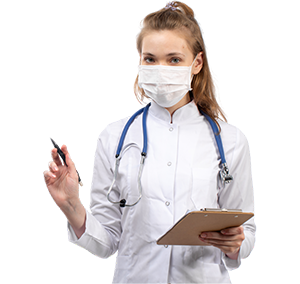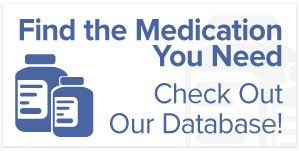Do you ever break out in hives or experience stomach discomfort after eating certain foods? You’re not alone! Approximately 32 million Americans have food allergies, and this number is on the rise.
In fact, food allergies have increased by 50% in children since 1997. The most common food allergies can be life-threatening and may require immediate medical attention. In this blog post, we’ll explore the top most common food allergies, their symptoms, and how to prevent an allergic reaction.
So stick around and read on if you want to learn how to keep yourself and loved ones safe.
1. Cows Milk Allergy
Cow’s milk allergy is a common food allergy caused by the body’s immune system reacting to the proteins found in cow’s milk.
The symptoms of cow’s milk allergy can vary from person to person but may include hives, itching, swelling, vomiting, diarrhea, and difficulty breathing. An allergic reaction to cow’s milk can lead to life-threatening anaphylaxis in severe cases.
One way is to avoid foods or products containing cow’s milk proteins. This may include reading food and ingredient labels carefully and consulting with a healthcare provider or registered dietitian to ensure that you are getting the nutrients you need.
2. Peanut Allergy
Peanut allergy is considered the most common food allergy worldwide. The exact cause of peanut allergy is unknown.
However, genetics is believed to play a crucial role in developing peanut allergy.
The allergy can range from mild to severe. It can cause symptoms such as itching, swelling, difficulty breathing, and even anaphylaxis, a life-threatening reaction.
If you are allergic to peanuts, check product labels carefully for traces of peanuts, like peanut oil, groundnuts, or monkey nuts, or if the label says ‘may contain peanuts.’
3. Shellfish Allergy
Shellfish allergy is a food allergy that occurs when a person’s immune system overreacts to proteins found in shellfish. These proteins are known as tropomyosins, which are found in the muscle tissues of different types of shellfish, including shrimp, crab, lobster, and clams.
Symptoms of shellfish allergy include hives, itching, Shortness of breath, wheezing, difficulty breathing, dizziness, lightheadedness, or even fainting.
To prevent shellfish allergy reactions, it’s important to completely avoid eating shellfish and any products containing shellfish.
4. Soy Allergy
Soy allergy is like kryptonite for the immune system of those who have it. It is an allergic reaction that occurs when the immune system mistakenly identifies proteins found in soy as harmful invaders and responds by producing antibodies that trigger a range of allergic reactions.
Soybeans contain several proteins, including glycinin and beta-conglycinin, which can cause allergic reactions. Even small traces of these proteins in food can trigger an allergic reaction.
Soy allergy symptoms include; Swelling of the lips, tongue, or throat, lightheadedness or fainting, and eczema.

Wrapping Up!
Food allergies are a growing concern that affects a significant number of people worldwide. If you or someone you know has a food allergy, it is essential to take the necessary precautions and avoid any exposure to allergens to prevent severe allergic reactions.
It’s important to remember that resources are available for those seeking help with medical care, such as Rx Helper.
At Rx Helper, we provide medical prescription assistance to uninsured senior people who may struggle with the cost of medication. Our services allow seniors to access the healthcare they need to manage their allergies and live healthy lives.
Visit our website now for more details!



